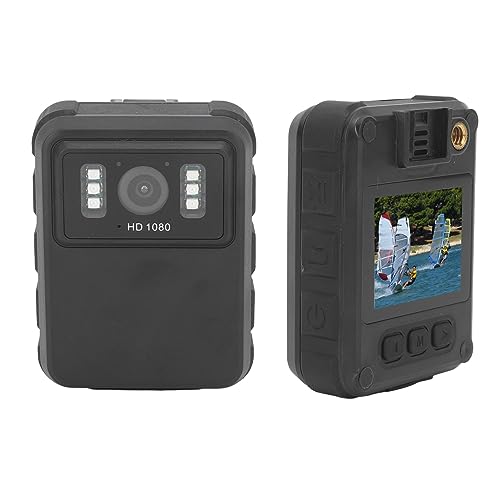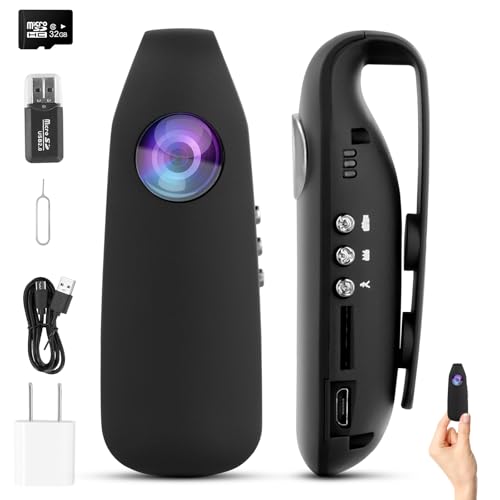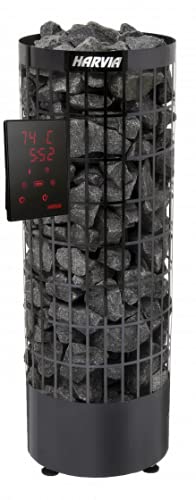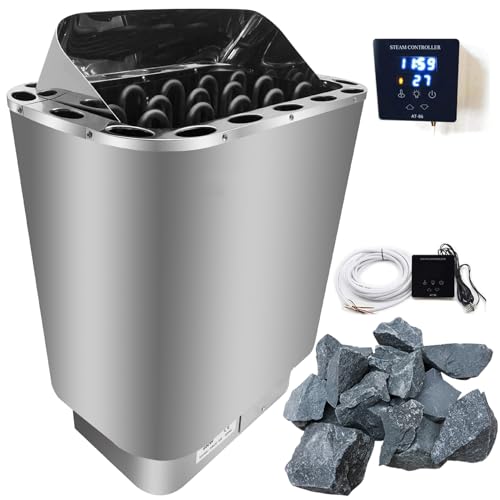Understanding Body Cameras: What Are They and Why Do You Need One?
What is a Body Camera?
A body camera is a small device worn on the body, typically attached to clothing or uniforms, that records video footage and audio. These cameras have become increasingly popular for various reasons, primarily due to their ability to provide an unbiased account of events, which can be especially useful in situations involving law enforcement, security personnel, or even active outdoor enthusiasts.
The Importance of Body Cameras
Imagine being in a situation where you witness an incident but must rely on memory alone to recount what happened. Body cameras relieve that burden by providing objective video evidence. This can protect individuals from false accusations, promote accountability, and even serve as a valuable tool in training or evaluating performance in various professions.
Key Features to Look For in a Body Camera
Video Quality
When considering a body camera, one of the most critical aspects is video quality. Look for cameras with at least 1080p resolution, as this will ensure that the footage is clear and usable for identifying details. High-definition video is especially important in capturing incidents where clarity can make a significant difference in understanding the context.
Battery Life
Another vital feature is battery life. A camera that lasts for only a few hours may not be practical in situations where you need it to run for an extended period, such as during long shifts. Aim for a body camera that offers at least 8 hours of battery life, which allows for ample usage without worrying about recharging constantly.
Storage Capacity
Since body cameras capture a lot of footage, consider the storage options. Ideally, the camera should have enough onboard memory or support for external storage. Cameras that can accommodate microSD cards often provide greater flexibility and the ability to store multiple hours of footage.
Ease of Use
A user-friendly design enhances the overall experience of using a body camera. Look for models that are lightweight, simple to operate, and easy to attach to clothing. The last thing we want is to struggle with a complicated device in a critical moment.
Durability and Weather Resistance
Body cameras should withstand daily wear and tear, as well as various environmental conditions. Opt for models that are shockproof and water-resistant, ensuring that they perform reliably in different situations, whether it’s rain or rough use.
How to Choose the Right Body Camera for Your Needs
Assessing Your Specific Requirements
To find the right body camera, we need to first assess our specific needs. Consider what we will primarily use the camera for. For instance, if we require it for law enforcement or security work, features like GPS tracking and automatic video uploading may be significant. Conversely, if we are using it for sporting activities, a lighter model with a good stabilisation mechanism is more beneficial.
Budget Considerations
Next, let’s think about our budget. Body cameras range from economical options to high-end models that come with advanced features. It’s essential to find a balance between affordability and necessary features without losing out on quality.
Warranty and Support
Finally, when choosing a body camera, verify the manufacturer’s warranty and customer support policies. A good warranty can provide peace of mind, indicating that the company stands behind its product and is prepared to assist with any issues that arise.
Real-Life Examples: When and How to Use a Body Camera Effectively
In Law Enforcement
In law enforcement settings, body cameras serve as vital evidence during encounters with the public, helping to provide an accurate account of events. Officers can capture interactions reliably, which supports transparency and accountability.
For Personal Safety
For personal safety, individuals may wear body cameras to record their surroundings while out alone or when engaging in activities such as hiking or cycling. In these instances, should an incident occur, having a record can help clarify events.
Documenting Training Sessions
In professional training environments, body cameras can be used to analyse performance. This footage can be reviewed later to discuss techniques and improve skills, adding a visual element to traditional learning methods.
Our Top Recommendations for Best Body Cameras on the Market
Recommended Models
We’ve curated a list of some of the best body cameras available, focusing on features such as video quality, battery life, and ease of use. Models like the XYZ Camera Pro offer exceptional video clarity and long-lasting battery life, making it suitable for various professional needs. Alternatively, the ABC Compact is perfect for casual activities, providing a lightweight design without sacrificing performance.
Final Tip
Regardless of the model you choose, make sure to test the camera in your intended environment whenever possible. Familiarising yourself with the features and settings before you’re in a critical situation can make all the difference.



















